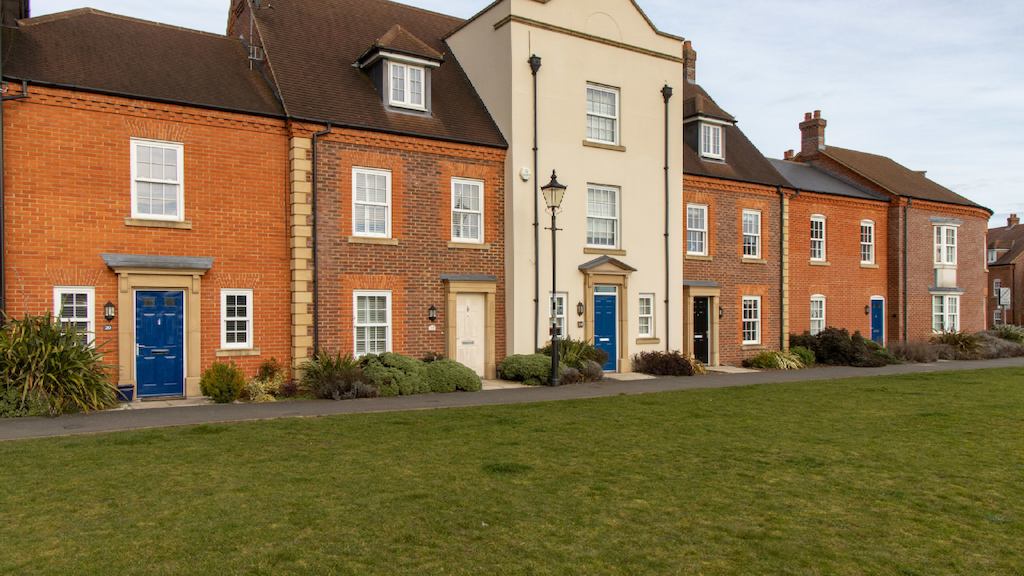If the state of England’s homes were a new problem, we would be horrified. We would have urgent cabinet meetings, wall to wall media coverage, action plans, huge amounts of money thrown at it. Today, 4.1 million homes don’t meet basic standards of decency – and almost half of these are lived in by someone over the age of 55. In 2018, 17,000 people died because they weren’t able to heat their home properly. The consequences of poor-quality homes aren’t just huge for individuals: the cost to the NHS is estimated at £1.4 billion for first-year treatments alone. It is also clear that our homes are a major barrier to the UK reaching its net zero target by 2050.
However, because we have had these problems for years, we have become inured to them and collectively complacent about dealing with them. But we can no longer afford to do so, with three factors making now a make-or-break time to bring our homes up to scratch. The COVID-19 pandemic made it clear just how profound an impact our homes have on our health and wellbeing. Meanwhile, the latest IPCC report has brought home the urgency of reaching net zero – which can’t be done without decarbonising our homes. And finally, we have an ageing population – with one in four people in England set to be aged 65 or over by 2041.
Now is the time to get to grips with the problem of poor-quality housing. The Good Home Inquiry, carried out over the last year, aimed not only to understand the causes of the crisis but also to set out innovative policy solutions. It’s clear that there is no silver bullet, and co-ordinated action from central government, local government, businesses, health systems and the third sector will be required. That doesn’t mean, however, that this is an impossible task. On the contrary, the Inquiry recommends a number of concrete actions that could make a real difference to the state of housing in England.

